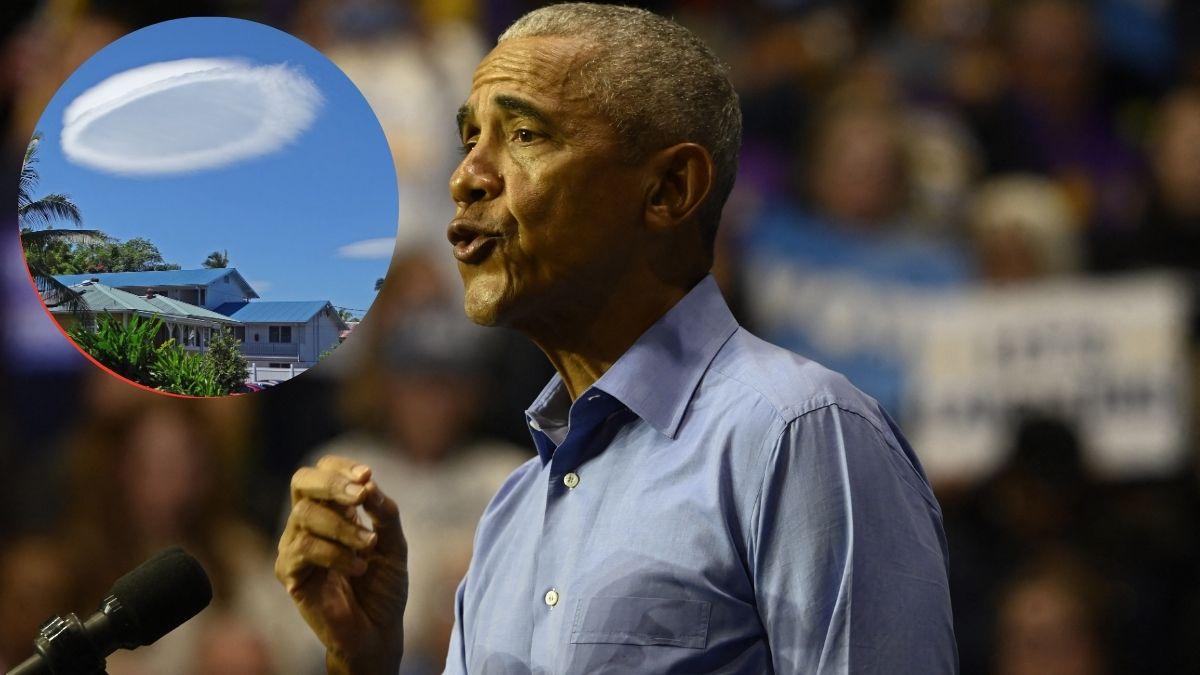Jessica Simpson Admits Boozing Got So Bad Her Friends Planned Elaborate Intervention
Feb. 3 2020, Updated 8:40 p.m. ET
Before she committed to her sobriety, Jessica Simpson’s boozing got so bad that her close friends planned an elaborate intervention, the singer admits in her new memoir, “Open Book.”
In Chapter 26 of the memoir obtained by RadarOnline.com, Simpson, 39, recalls a day in which she got so drunk at a party that she missed her best friend’s birthday celebration and failed to get out of bed the next morning to take her children to school.
“No matter how much of a mess I had been, I thought that I had always shown up for them,” she writes, admitting her regret. “The fact that I wasn’t present for them, even for just one night, was unacceptable.”
The star says she didn’t want her kids to know she was too hungover to get up, so she stayed in bed until they left and hoped her husband, Eric Johnson, would tell them she was feeling sick. Ironically, the first thing she did that early morning to make herself feel better was drink.
“I hid until they left, then drank,” she writes. “I felt emotionally hungover, and thought I needed it to recover. I needed to be normal for when my friends came over for our weekly meeting.”
Her three close friends showed up at her house: CaCee (her longtime pal), Lauren (her publicist) and Koko (her assistant). The night prior, Simpson bailed on Koko’s birthday party because she got too drunk and went to bed. When the three women arrived, she immediately broke down in tears, telling them how guilty she felt. They were sympathetic, but they were also stern when they sat down and questioned her.
“Jess, why do you think you drank too much?” CaCee asked her. “Do you think you’ve been drinking too much a lot of days?”
“Yes,” she responded. “I need to stop. Something’s gotta stop. And if it’s the alcohol that’s doing this and making things worse, then I quit.”
Simpson says that CaCee told her she was at “rock bottom” and needed to change.
“I know my limits, and I had gone beyond them,” Simpson writes, recalling her life before sobriety. “I was allowing myself to be taken away from moments that I should have been in. Now I needed to turn inward. To live in the moment and not live in the lie anymore. I breathed in, breathed out, and looked around.”
At that point, Simpson knew something was wrong. When Johnson, 40, returned home with their kids that afternoon, she told him she was ready to change.
“Babe, I’m gonna stop drinking,” she said.
“Then I will too,” he said.
She asked him to make her one last drink to say goodbye to booze forever. “I had one more glittercup,” she admits. Of course, her friends soon found out she’d had a drink, so they put their plan into action.
Simpson writes that her pals had been planning an intervention for more than six months before finally confronting her. Her friend Lauren even had a doctor lined up, one who treated celebrities with addictions.

“I had the nerve to be offended,” Simpson writes, admitting that she slammed her friends for talking about her behind her back.
“They each shared their intervention plans, making it clear they did so because they were afraid I was going to die. Stephanie, for one, had planned to talk to my mother,” the star recalls.
Simpson admits that she tried to defend herself by telling her friends that they all drank with her. But eventually, she realized she was the one with the real issue.
“It didn’t break my heart that I was such a mess that they wanted to intervene. It broke my heart that they felt they had to go behind my back. But they were right. I had deeper problems than alcohol, and I couldn’t resolve the problems until I threw away the crutch,” she writes.
The four of them prayed.
Once she got on the phone with the doctor, Simpson says she ran through all her life traumas: “the sexual abuse I suffered in childhood, and the abusive, obsessive relationships I clung to in adulthood.”
“I was crying, the women doing my extensions were crying, and my friends were a mess,” she writes, explaining that she was getting her hair done when all this happened. “Still, I reeled off everything in a matter-of-fact manner, connecting dots about why each event had contributed to my anxiety, finally ending with, ‘So this is why I need help and why I can’t do this on my own.’”
After hearing her talk, the doctor admitted she sounded “desperate.”
That night, a nurse and a therapist came to her house. She writes: “In the meantime, we moved every drop of alcohol out of the house, but we didn’t really need to bother. I had no craving for it. I was mad at it.”
At that point, she says she realized what it felt like to be alive.
Simpson says that one of the many things that prompted her anxiety was the criticism she received from fans. People always had something to say about her performances, songs, and about her as a person, but what bothered her the most was the comments they made about her body.

The insecurity she felt with herself and with her body was nothing new. In her memoir, Simpson reveals that her self-esteem issues began at a very young age, as she was tossed into the spotlight early. When she was 12 years old she says she would squeeze the excess skin on her stomach until it bruised.
Years later, as an adult struggling with addiction and on a mission to get thinner, Simpson says she stopped eating full meals and began working out religiously. She couldn’t enjoy holidays or gatherings because she felt “nauseous” or simply “off.” She even stopped breastfeeding, but it didn’t help.
“I had managed to get myself down to 103 pounds. Everyone went on about how great I looked, but I couldn’t enjoy it because I was so freaking hungry,” she recalls.


